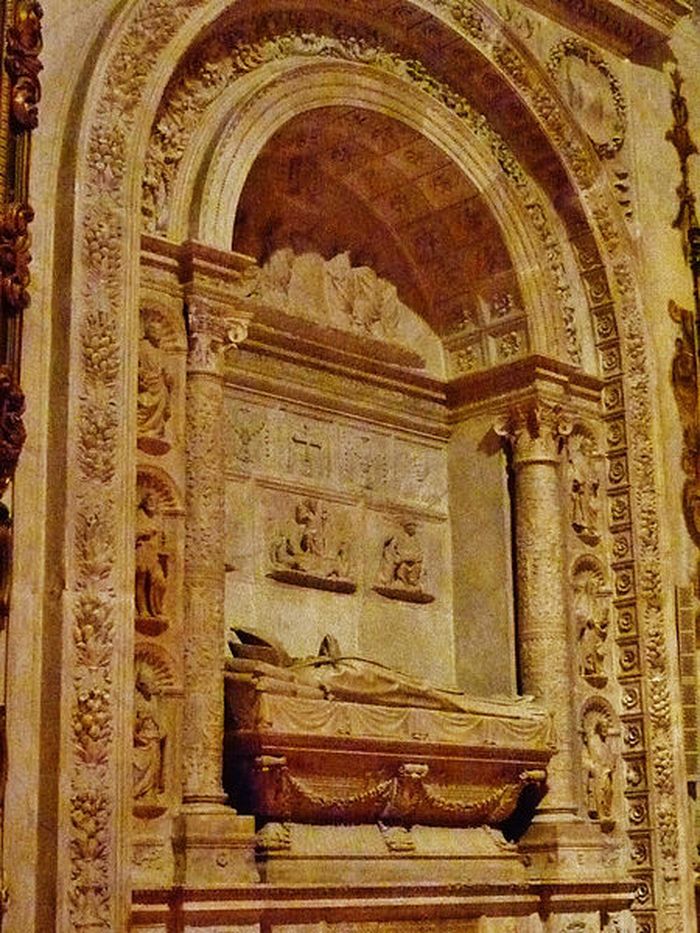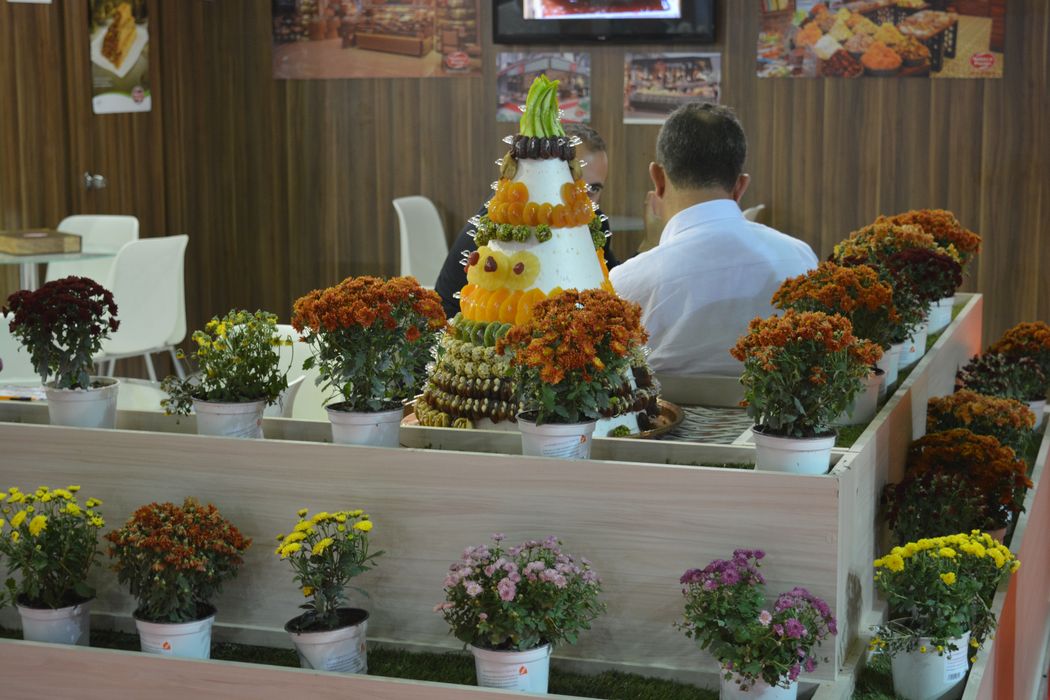Ibn Battuta arrives at Kaffa
The day after our arrival one of the merchants in our company hired some waggons from the Qipchaqs who inhabit this desert, and who are Christians, and we came to Kafa [Kaffa], a large town extending along the sea-coast, inhabited by Christians, mostly Genoese, whose governor is called Damdir [Demetrio].
We stayed at Kaffa in the mosque of the Muslims. An hour after our arrival we heard bells ringing on all sides. As I had never heard bells before, I was alarmed and made my companions ascend the minaret and read the Koran and issue the call to prayer. They did so, when suddenly a man entered wearing armour and weapons and greeted us. He told us that he was the qadi of the Muslims there, and said “When I heard the reading and the call to prayer, I feared for your safety and came as you see.” Then he went away, but no evil befel us.
The next day the governor came to us and entertained us to a meal, then we went round the city and found it provided with fine bazaars. All the inhabitants are infidels. We went down to the port and saw a magnificent harbour with about two hundred vessels in it, ships of war and trading vessels, small and large, for it is one of the most notable harbours in the world.
Traveling by wagon on the steppe
We hired a waggon and travelled to the town of Qiram, which forms part of the territories of Sultan Uzbeg Khan and has a governor called Tuluktumur.
On hearing of our arrival the governor sent the imam to me with a horse; he himself was ill, but we visited him and he treated us honourably and gave us gifts. He was on the point of setting out for the town of Sari, the capital of the Khan, so I prepared to travel along with him and hired waggons for that purpose. These waggons have four large wheels and are drawn by two or more horses, or by oxen or camels, according to their weight.
The driver rides on one of the horses and carries a whip or wooden goad. On the waggon is put a light tent made of wooden laths bound with strips of hide and covered with felt or blanket-cloth, and it has grilled windows so that the person inside can see without being seen. One can do anything one likes inside, sleep, eat, read or write, during the march. The waggons conveying the baggage and provisions are covered with a similar tent which is locked.
Read More about Ibn Battuta part 23








